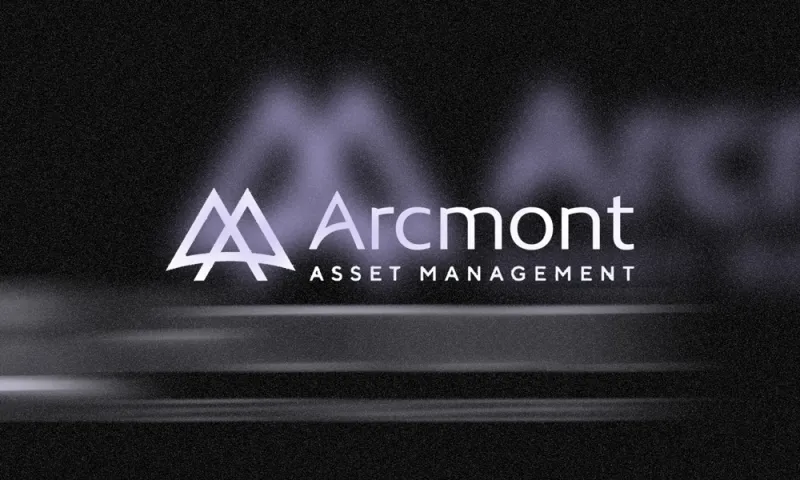Arcmont Asset Management’s chief executive officer is waiting for this credit cycle’s tides to turn.
“The credit cycle we've been in has been extended,” Fobel said in a phone interview. “All good things come to an end.”
The newly minted €13 billion European private credit firm has made two hires from Pimco and Bain Capital to head up its new capital solutions fund designed to take advantage of that impending credit downturn.
The fund will launch in January, just two months after Arcmont announced that it spun out of fixed income manager BlueBay Asset Management. It will provide “friendly, constructive” capital to businesses that may have a problem with how their debt was structured previously or those that are strong, yet struggling to perform, Fobel said.
“We can essentially act as a friendly form of capital and give those businesses the time to recover,” Fobel said. “We are not trying to do a loan-to-own hostile strategy.”
[II Deep Dive: The Tension Over Taming Private Credit]
Arcmont has hired David Brooks, who previously worked as director of the private credit group at Bain Capital and Alice Cavalier, former senior vice president of European corporate operations at Pimco, as partners to lead the fund.
“Both have a good background in these more underperforming situations,” Fobel said. The two will join the firm early in January, and will begin fundraising soon after, he added. Fobel said Arcmont will invest capital as it is raised.
While the firm doesn't intend on predicting when exactly a downturn will come, it plans to have a fund ready for when it does.
“This fund doesn’t only invest in a credit down cycle,” Fobel said. “Even now we see a number of opportunities where we think we can get good returns.” According to Fobel, the size of these investments will be varied, as it’s an opportunistic investment strategy. Right now, he sees opportunities for the capital solutions fund to invest specifically in the retail, restaurants, and construction sectors.
“Almost every large pension fund, sovereign wealth fund, and insurance company has a sizable bucket for private debt now,” Fobel said. “The difficulties that banks suffer from a regulation standpoint has created a gap in the market. Private credit funds have stepped into that gap.”
According to Fobel, Neuberger Berman’s Dyal Capital Partners owns a “completely passive” 40 percent stake in the company that will be ratcheted down to 25 percent. The firm’s employees own the remaining 60 percent.







